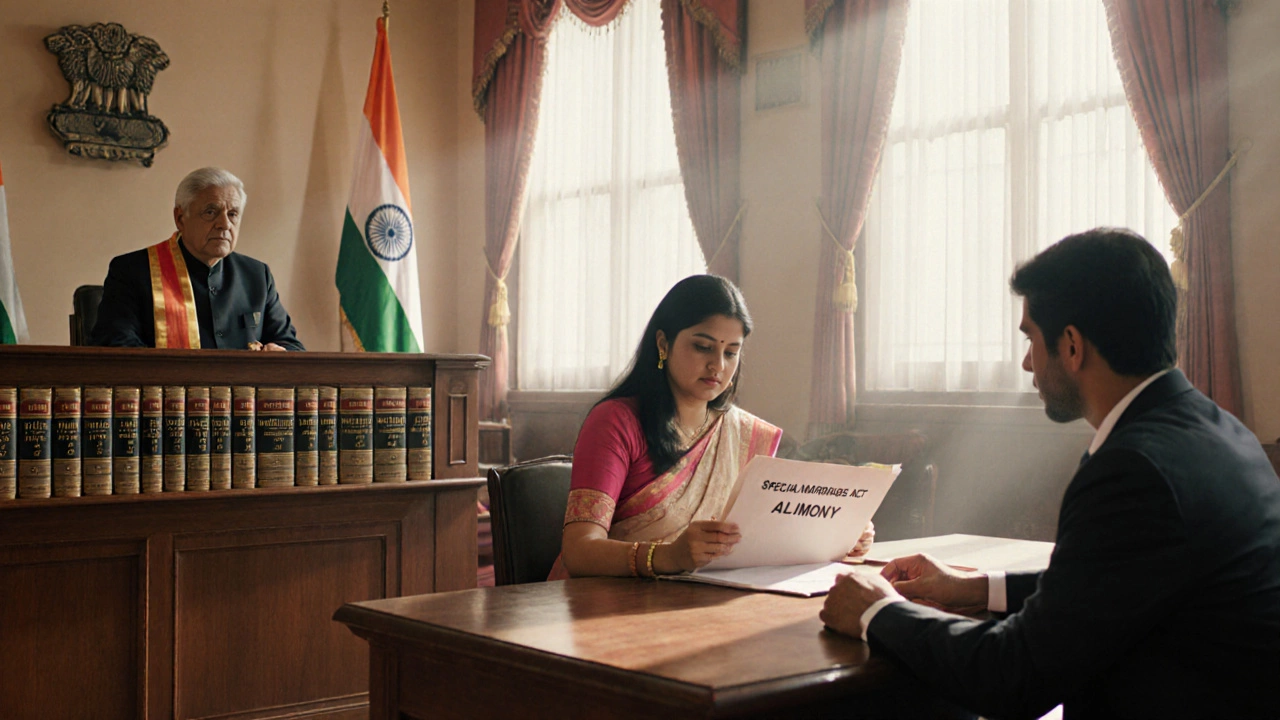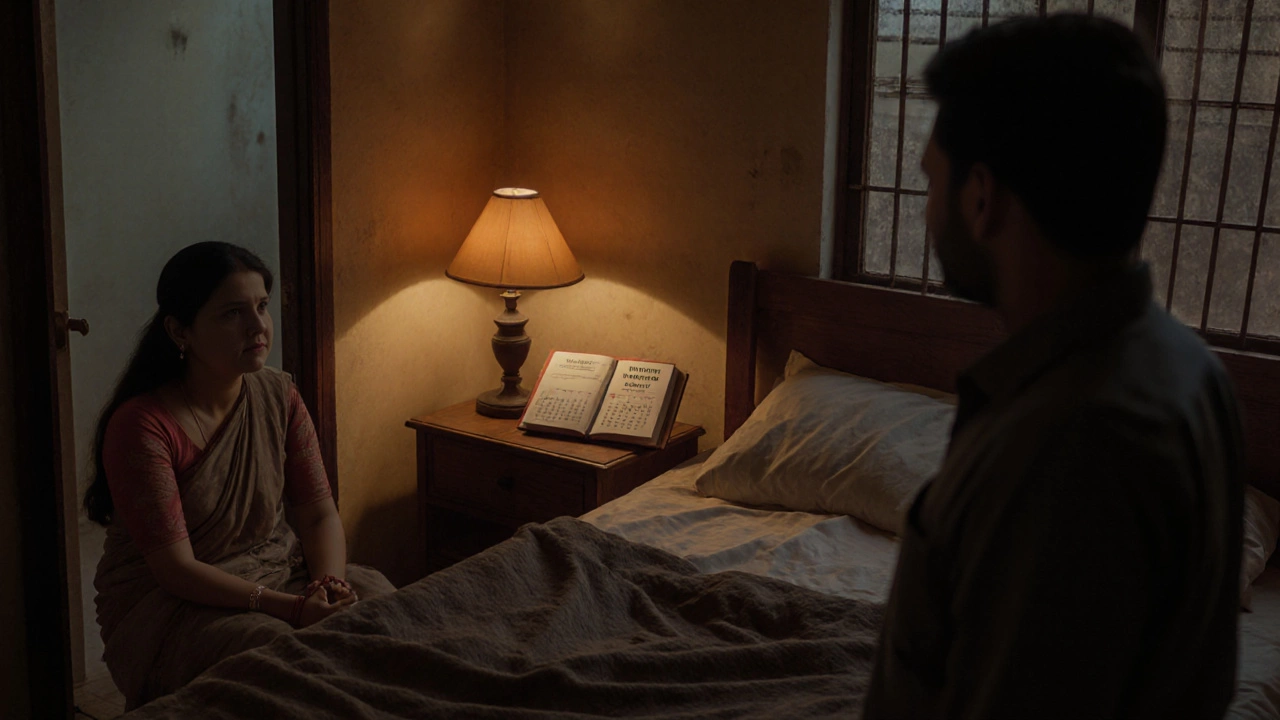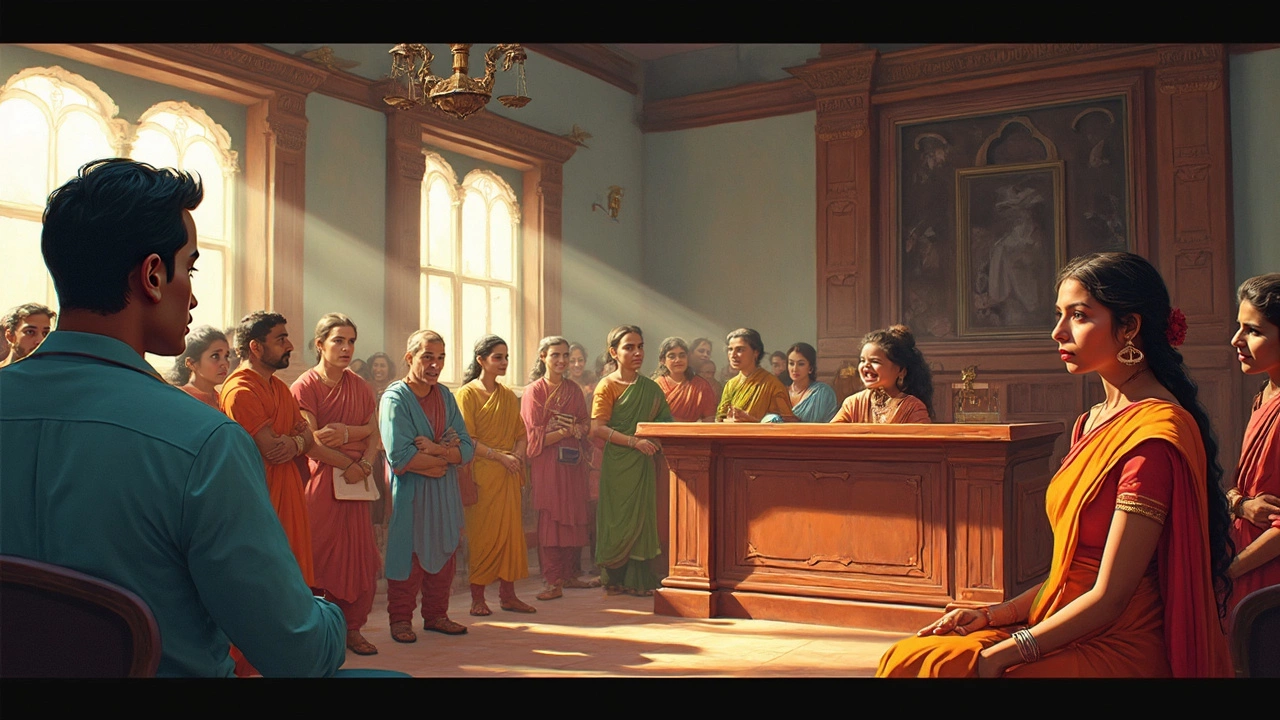Divorce Lawyer India – Your Quick Guide to Getting the Right Help
If you’re thinking about ending a marriage in India, the first question is usually “Do I need a lawyer?” The short answer is yes. A qualified divorce lawyer keeps the paperwork straight, makes sure you meet the legal deadlines, and protects your rights when emotions run high.
Indian divorce law offers several routes: mutual consent, contested (one‑sided), and the newer fast‑track options that still require a cooling‑off period. A lawyer helps you pick the path that matches your situation and explains what you can expect in terms of timelines and costs.
When to Hire a Divorce Lawyer
Even if you and your spouse agree on everything, you’ll need a lawyer for filing the petition, preparing the settlement deed, and getting the court’s approval. If there’s a dispute over assets, child custody, or alimony, a lawyer becomes essential. They also handle special cases like a one‑year separation requirement, which many people overlook.
Some common triggers for hiring a lawyer include:
- Filing for mutual consent divorce and needing the 90‑day cooling‑off waiver.
- Contested divorce where the other party refuses to cooperate.
- Complex property or business holdings that need clear division.
- Child custody battles that require a clear legal strategy.
Skipping legal help can lead to missed deadlines, wrong forms, or even a dismissed case. That’s why most experts recommend consulting a lawyer as soon as you decide to proceed.
How to Pick the Right Lawyer in India
Not all lawyers specialize in family law, and not all are experienced with divorce cases. Here’s a short checklist to narrow down your choices:
- Experience: Look for someone who has handled at least a few dozen divorce cases, especially ones similar to yours (mutual consent, contested, etc.).
- Reputation: Ask friends, read online reviews, or check the Bar Council’s records.
- Fees: Get a clear fee structure up front. Some lawyers charge a flat rate for mutual consent divorces, while contested cases may be hourly.
- Communication: You should feel comfortable asking questions. A good lawyer explains legal jargon in plain English and keeps you updated.
- Location: While many filings are now digital, you’ll still need to attend a few hearings. A lawyer near your court can save travel time.
Don’t be shy about meeting a few lawyers before you decide. Most will offer a free or low‑cost initial consultation. Use that time to gauge how well they understand your goals and how realistically they portray the process.
Once you’ve hired a lawyer, make sure you provide all required documents promptly – marriage certificate, identity proof, proof of residence, and any evidence related to assets or children. The faster you supply these, the quicker the lawyer can draft the petition and file it.
Finally, remember that the Indian legal system can be slow, but a proactive lawyer can keep things moving by filing the right motions and following up on court dates. If you’re looking for a fast route, ask about the “instant divorce” myth – it doesn’t exist, but a well‑prepared mutual consent petition can wrap up in as little as six months.
Divorce is never easy, but having the right lawyer by your side makes the process clearer and less stressful. Use the tips above to find a professional who fits your needs, and you’ll be better positioned to get a fair settlement and move on with your life.

Divorce in India: Who Suffers Most After Separation?
Explore who faces the greatest hardships after divorce in India-women, men or children-and learn practical steps to lessen financial, emotional, and legal pain.

Proving a Sexless Marriage in India: Legal Steps & Evidence Guide
Learn how to prove a sexless marriage in India with step-by-step evidence guidance, legal provisions, and practical tips for a smoother divorce process.

Does the Wife Get Half in a Divorce in India? Breaking Down the Laws
Dividing property during a divorce in India isn’t as straightforward as it sounds—forget the 50-50 split you see in movies. This article unpacks how property is actually divided, what the laws say about a wife’s share, and why each case can play out differently. Get ready to understand the real deal on who gets what, including key facts and tips for protecting yourself. It’s essential reading if you’re facing divorce or just want to know your rights. No jargon, just practical info you can use.

Is Wife Liable for Husband's Debt in India? What Every Couple Needs to Know
Curious if a wife is responsible for her husband's debts in India? The answer isn’t as simple as it sounds. This article breaks down when a wife might be on the hook, what the law actually says, and practical tips for protecting your finances. You'll also get a look at real-life situations, smart moves to stay safe, and where courts usually draw the line. If you’re worried about debt in marriage or facing divorce, this is your go-to guide.

How to Avoid Losing Half in a Divorce
Divorce can be a tricky situation, especially when it comes to protecting your assets. With the right strategies, you can keep more of what's yours. From understanding the nuances of marital property laws in India to employing financial tactics and clear communication with your spouse, this guide covers essential tips to help mitigate the financial impact of divorce. Expert insights ensure you're well-prepared.

What If a Husband Denies Divorce in India? Understanding Your Options
In India, navigating the legal process when one spouse refuses a divorce can be complicated. This article explains your options and rights if your husband denies giving you a divorce, highlighting key legal processes, practical tips, and cultural considerations. We'll explore legal grounds for divorce, the role of mediation, and what to expect if the case goes to court. Understanding family law can help you take informed steps towards resolving the situation.

Understanding Grey Divorce in India
Grey divorce refers to the trend of increasing divorce rates among older adults, particularly those aged 50 and above. In India, this phenomenon is becoming more common as social norms shift and older individuals seek personal fulfillment over traditional expectations. This article explores the reasons behind grey divorce, legal considerations, societal impacts, and provides tips for navigating this life transition. Readers will gain insights into the unique challenges faced by individuals going through a grey divorce and how to manage them effectively.

Understanding Spousal Rights: Can a Husband Refuse Divorce in India?
In India, the legal framework for divorce is complex, steeped in tradition, and varies across different religions. It raises the question of whether a husband can refuse a divorce, highlighting important aspects of consent, legal options, and societal norms. This article delves into the Indian divorce process, discussing legal avenues available when a spouse is unwilling to consent to divorce, and sheds light on pertinent laws such as the Hindu Marriage Act and the Special Marriage Act. Knowledge of the judicial standpoint on contested divorces helps in navigating these trying aspects of married life.